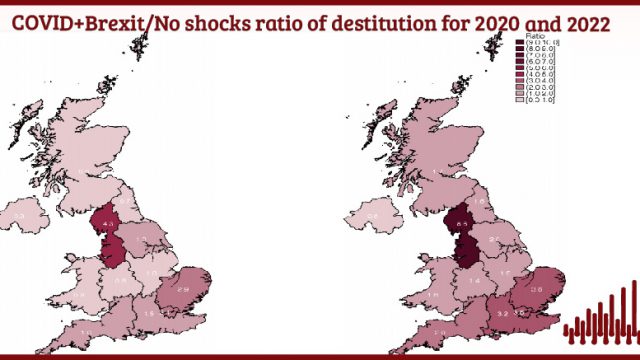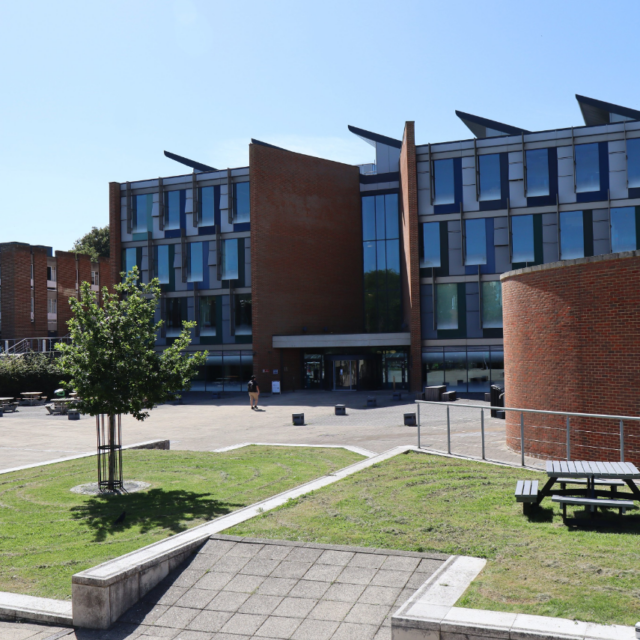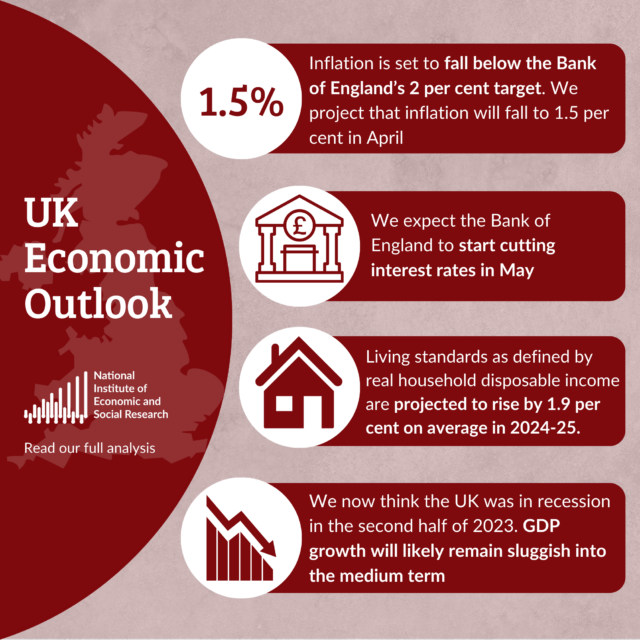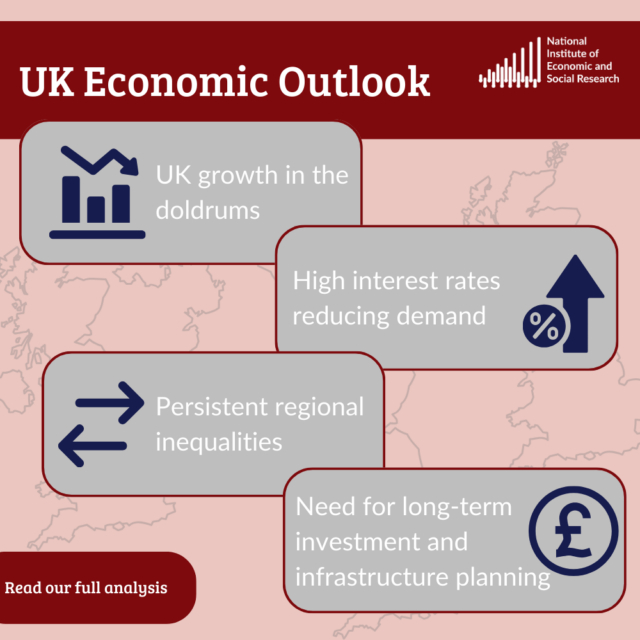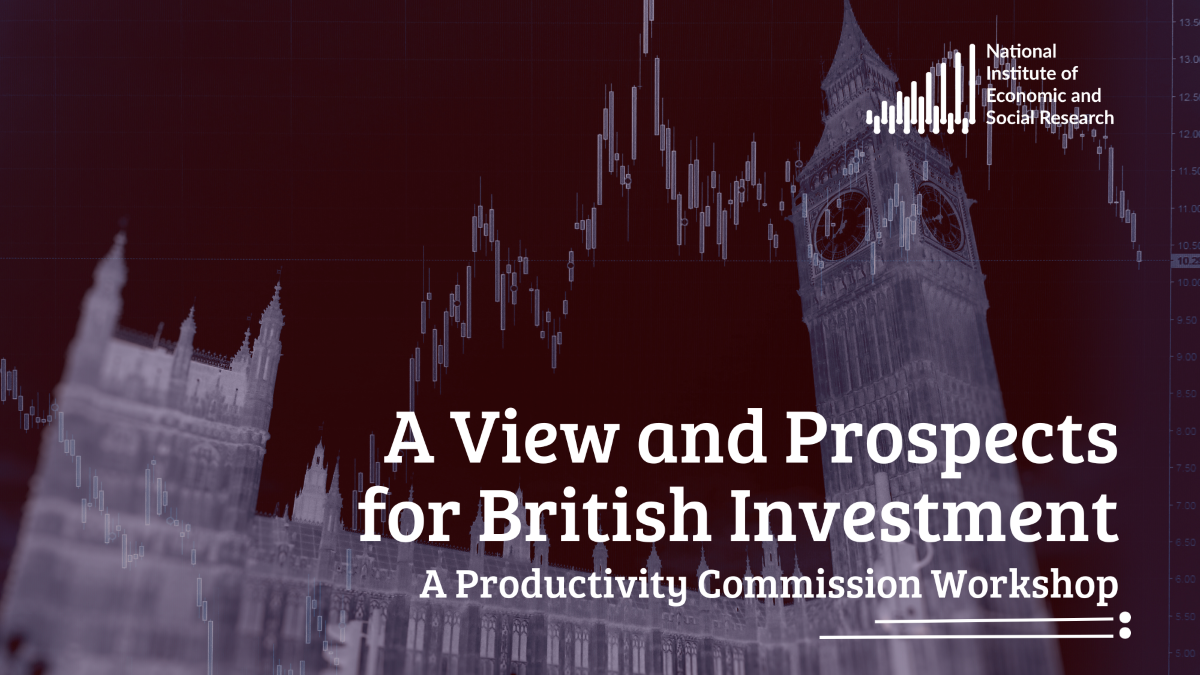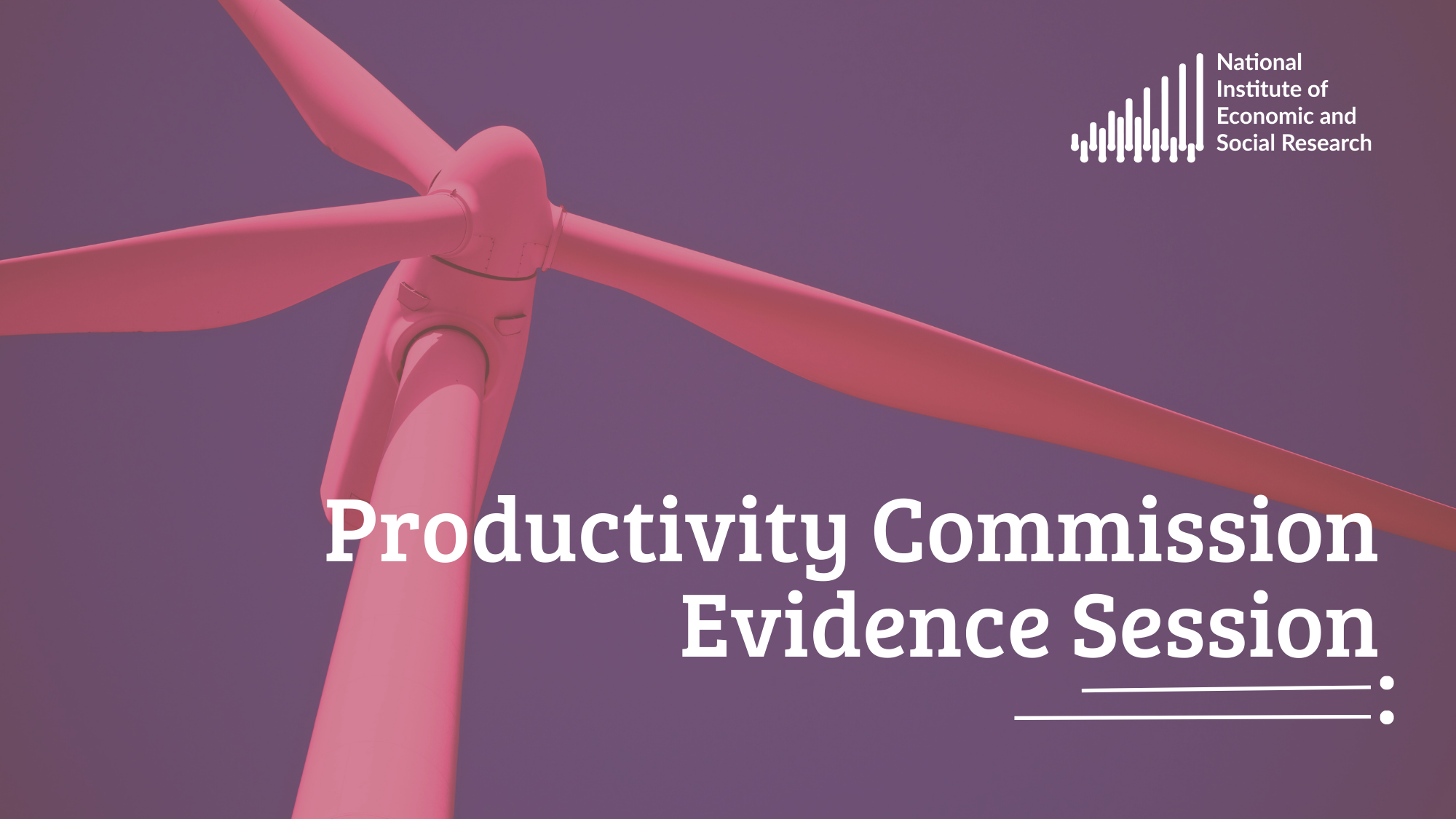Puzzling out Productivity
NIESR marked its 80th year with a special session at the recent annual Royal Economic Society Conference devoted to the “Productivity puzzles past and present.”
Four outstanding speakers - Nicholas Crafts from the University of Warwick, Eric Bartelsman from the Vrije Univesiteit Amsterdam, Phillip Wales, Head of Productivity at the ONS and Rebecca Riley, Director of ESCoE – took turns to examine the issue which has been bedevilling successive generations of economists .
NIESR marked its 80th year with a special session at the recent annual Royal Economic Society Conference devoted to the “Productivity puzzles past and present.”
Four outstanding speakers – Nicholas Crafts from the University of Warwick, Eric Bartelsman from the Vrije Univesiteit Amsterdam, Phillip Wales, Head of Productivity at the ONS and Rebecca Riley, Director of ESCoE – took turns to examine the issue which has been bedevilling successive generations of economists .
Nicholas began the session by discussing the recent focus on the productivity puzzle in the context of Britain’s historically poor productivity levels, and asking whether blame could really be ascribed to the European Union. Nicholas argued, interestingly, that the answer was no, and that the particularly poor performance prior to the 1970s was the fault of domestic supply side policy, which prioritised full employment and the subsidisation of underperforming industries and the supposed “national champions”, civil aviation and nuclear power, to name but a few. So what does this mean for the contemporary productivity puzzle, and the looming shadow of Brexit. Nicholas recognised the potential upsides for a selective industrial policy that is not constrained by EU state aid rules, though he struggles to identify which supply side problem could not be addressed under existing UK government competencies.
Nicholas’ talk was followed by Eric Bartelsman from the Vrije Univesiteit Amsterdam. Eric’s work focusses on factor reallocation, within and between sectors. The first question, is whether or not this input reallocation is productivity enhancing in Europe? On this, Eric’s answer is yes. The second question is, given that productivity enhancing reallocation (PER) seems to be counter cyclical in previous recessions, does this pattern hold in the recent crisis? Eric’s results would seem to suggest that in the great recession, PER was markedly lower than the pre-crisis period, and than in other recessions, a result that is mirrored in analysis of the US and UK. He presented his view that the collapse in global trade, combined with the credit crunch, led to the surprising decline in PER. The impact of the trade collapse was weighted towards those most productive firms, while the credit crunch affected primarily smaller and relatively young productive firms. Although in relative infancy, his work suggests many avenues for future research, particularly as to how trade affects productivity and employment growth, an issue that may become increasingly prevalent if protectionist noises from the White House are to be believed.
The third talk of the day was given by Phillip Wales of the ONS who discussed the ONS’ recent work on the productivity puzzle. The ONS has focussed on two strands of analysis, creating new aggregates and findings from pre-existing data, and developing new survey data. The new aggregates decompose existing series for output per hour into industry and regional sub-aggregates, offering new avenues for research. One interesting finding is in the change of the composition of the bottom 10% of the firm productivity distribution, with a surprising growth in the proportion of firms older than 10 years perhaps pointing to an important role for so called ‘zombie firms’ in any explanation of the puzzle. The new aggregates directly tie in to the work of ESCoE at NIESR, with the publication of the first results from the Management and Expectations Survey, which may offer an explanation as to the ‘long tail’ of underproductive UK firms.
The final presentation of the day was from Rebecca Riley, who presented a sectoral breakdown of productivity growth in the UK. One headline result is that the sectors which contributed most heavily to UK productivity growth in the pre-crisis period, are the sectors that now weigh most heavily on the contemporary productivity slowdown. So what has caused this marked change? Rebecca argued that it was primarily a TFP puzzle, although less so over time, while the relative capital shallowing could be split into two periods, 2008-2010 was a period of marked under-investment in capital, while 2011-2015 came from particularly strong labour growth and a flexible labour market. Rebecca presented three candidate explanations for the puzzle, each of which seems ripe for further research. Could the puzzle be associated with a persistent lack of external demand? Are previously key growth sectors nearing the technological frontier? Or has the growth in new sectors and industries rendered how we determine the productivity level obsolete? A definitive answer is elusive (it wouldn’t be much of a puzzle if it didn’t!), but the marked slowdown in previously high growth sectors would appear to lend support to a lack of external demand, while a recent ESCoE discussion paper has demonstrated just how vulnerable productivity growth is to specification and methodology.
Over the years NIESR has returned to the productivity issue again and again – a recent virtual special issue of the Economic Review collects some of the best Review articles on the matter. Perhaps NIESR’s 90th Anniversary Session will feature an answer to the puzzle once and for all – watch this space but do not hold your breath!
Further reading
Bartelsman, E, P. Lopez-Garcia and G. Presidente (2018). ‘Cyclical and Structural Variation in Resource Reallocation: Evidence for Europe’, Tinbergen Institute Mimeo.
Chadha, J. S. (2017) ‘The Productivity Puzzle’, Lecture on 21st September 2017 at Gresham College.
Crafts, N. (2018) ‘Britain’s Persistent Productivity Failure: is the EU Really to Blame?’, University of Warwick mimeo.
National Institute Economic Review, Productivity: special issue http://journals.sagepub.com/page/ner/special-issues/productivity
Rostas, L (1948) The Comparative Productivity in British and American Industry, Cambridge University Press, National Institute of Economic and Social Research.
Riley, R, A. Rincon-Aznar and L. Samek (2018). ‘Below the Aggregate: A Detailed Account of the UK Productivity Puzzle’, NIESR and ESCoE mimeo.










